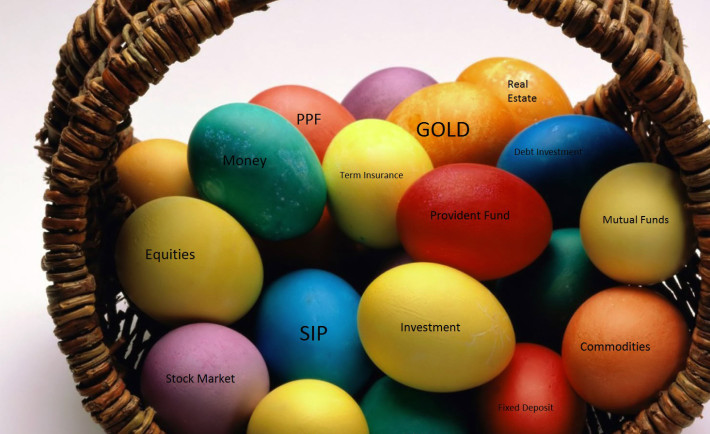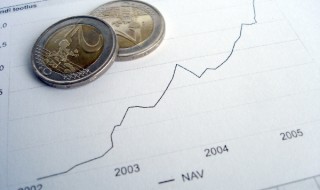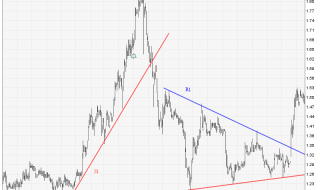
Singapore may be the world’s most expensive city, but to lead a reasonably comfortable life may not be impossible. It takes significant forward planning and a strict adherence to one’s investment principles to achieve a desirable outcome. This article – the third in a five-part series that continues from “How to maximize your life with a $3,000 paycheck”- will thus explore the different ways to diversify and maximize your returns on a $1,500 monthly “investment budget”.
- Property
A home not only provides a physical shelter, but also instills a sense of belonging and emotional attachment in the members of a family. Therefore, this prized asset is arguably the main driving force that motivates people to work hard and tirelessly, which forms the bedrock of our prosperous society. At the same time, it makes sense to allocate a lion’s share of the investment budget equivalent to 40% or $600 to property. Given that 23% of the wages that are allocated to the Ordinary Account can be used for housing, which thankfully exceeds the regular 20% employee’s CPF contribution, no further action needs to be done to set aside any disposable income for the property budget. Since the CPF savings in the Ordinary Account yield a guaranteed annual interest rate of 2.5%, this should form the benchmark on which the returns of the alternative investment vehicles shown below are based.
- Stocks
Evaluating a stock is akin to evaluating your potential life partner. You need to understand it well before you are able to pass a well-informed judgment – to buy, sell or keep in view. And for most working adults, time constraint is a persistent bugbear. But keep your heads up. You just need to stay focused on certain options (both in the arenas of investment and love). Choose the industry that you are familiar and confident with – especially if you are working in that sector or make friends in the sectors that you are interested in – and share the exclusive knowledge and expertise with your selected group of friends to leverage on the pooled insights. Besides that, running checks on the consistencies of the historical dividend yields and the shareholding information of the top management executives of the publicly listed company is pivotal. These track records offer an ultimate backstop when things go awry by providing “consolatory recurring dividends” and a “management confidence boost” (assuming that these companies are content with the status quo). Allocate 35% or $525 monthly to your share investment budget. Engage in the due diligence process while gradually building your ammunition to purchase stocks that offer at least 2.5% dividend yield.
- Fixed deposits
While most fixed deposit interest rates are considerably lower than 2.5% and grimly sufficient to beat inflation, it is nevertheless a secure source of income, especially during a recession where stock prices and incomes are falling. Moreover, it offers flexibility as you can decide on the tenure of your fixed deposits that ranges from 30 days to 10 years. Therefore, cap your downside risks by designating 15% or $225 to fixed deposits and be assured of the steady returns to this investment.
- Savings account
Saving up for a big ticket item like the upcoming iPhone? The remaining 10% or $150 should not be tied up in any illiquid investment vehicles. It is a good financial management practice to reserve a small portion of the investment budget every month for the pursuit of the latest trends or luxury indulgences instead of bursting your credit card limits on such occasional treats.
While these measures may not propel you to the top 10% of the Singapore’s population, they serve as a general guide to better manage your finances. As always, sheer hard work and discipline rule the day.








